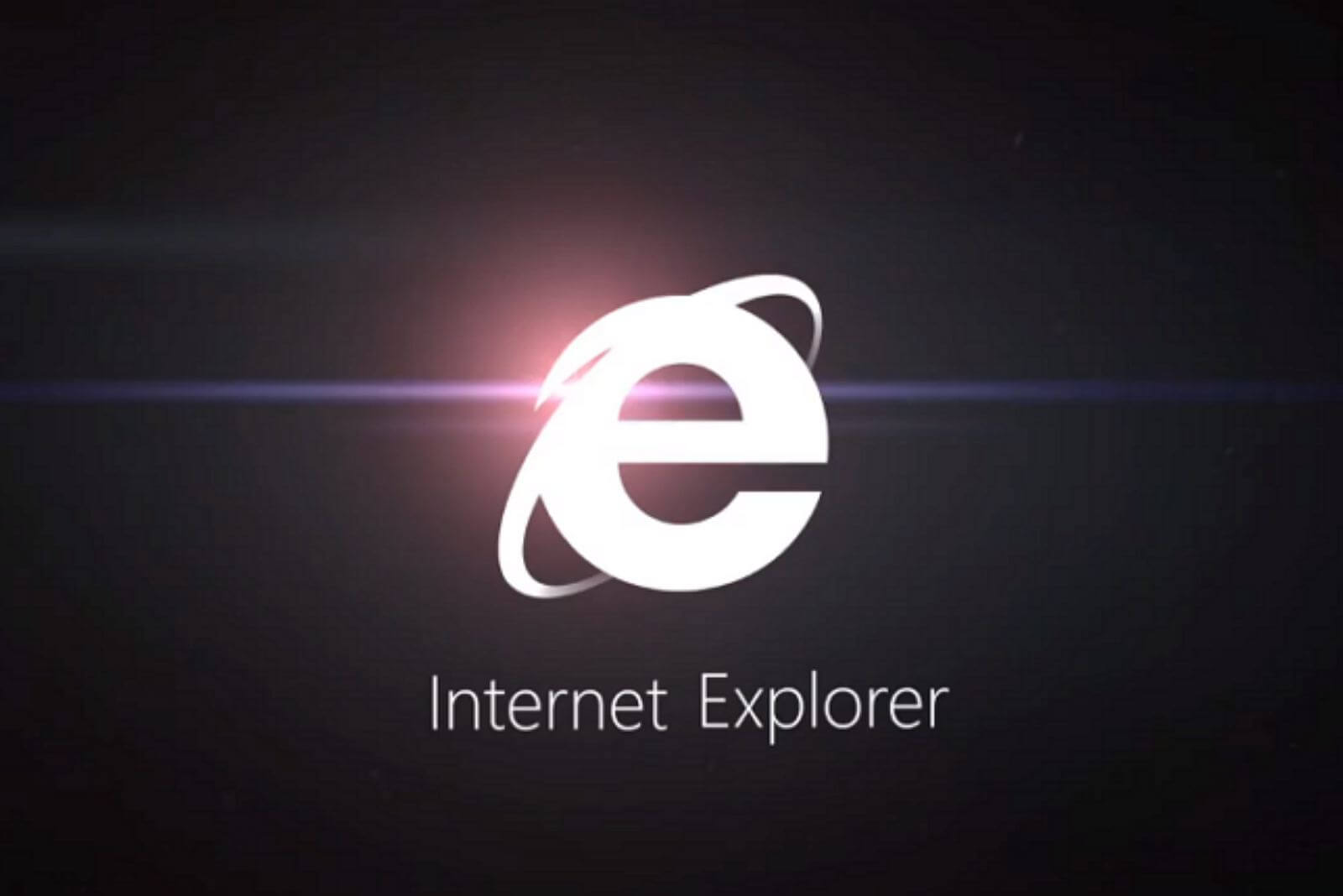
- Microsoft ends support for Internet Explorer on June 15.
- The browse will progressively redirect from IE to Edge.
- The company plans to release an update to disable the legacy browser in the future.
Microsoft is finally ending support of Internet Explorer (IE) on June 15, 2022. Although the web browser has been obsolete for years, many organizations and regular users still use it. However, now, the company is ending support and slowly removing Internet Explorer for most versions of Windows 10 starting June 15.
Older versions of the operating system, such as Windows 10 2004 and earlier, Windows 8.1, Windows 7 (through the Extended Security Updates service), Windows Server 2022 (and older versions), and Windows 10 LTSC will continue to have limited support. However, Internet Explorer will be removed from Windows 10 20H2 and higher releases, including Windows 10 IoT. Windows 11 doesn’t include any version of Internet Explorer.
Although Microsoft will keep supporting the 27 years old browser primarily for organizations for a little longer, June 15 marks the end of the road of Internet Explorer (at least) for consumers.
Starting on June 15, the desktop version of Internet Explorer will begin redirecting users to Microsoft Edge, and in future system updates, the company will disable IE altogether.
If you must use Internet Explorer for specific websites that don’t work correctly on modern browsers, you should be using IE Mode on Microsoft Edge. The feature will be available until 2029 unless the company decides to terminate it earlier. If this were the case, Microsoft would provide one-year notice.
Also, Microsoft does not recommend uninstalling Internet Explorer manually since IE Mode on Microsoft Edge relies on it to provide backward compatibility. Of course, you can remove the app if you won’t be using IE Mode.
Internet Explorer was originally released in 1995 and bundled with Windows 95. After 27 years, the browser is now retired and replaced by Microsoft Edge, a browser built based on the Chromium engine developed by Google, which has been designed for the modern web with better security and compatibility features.
